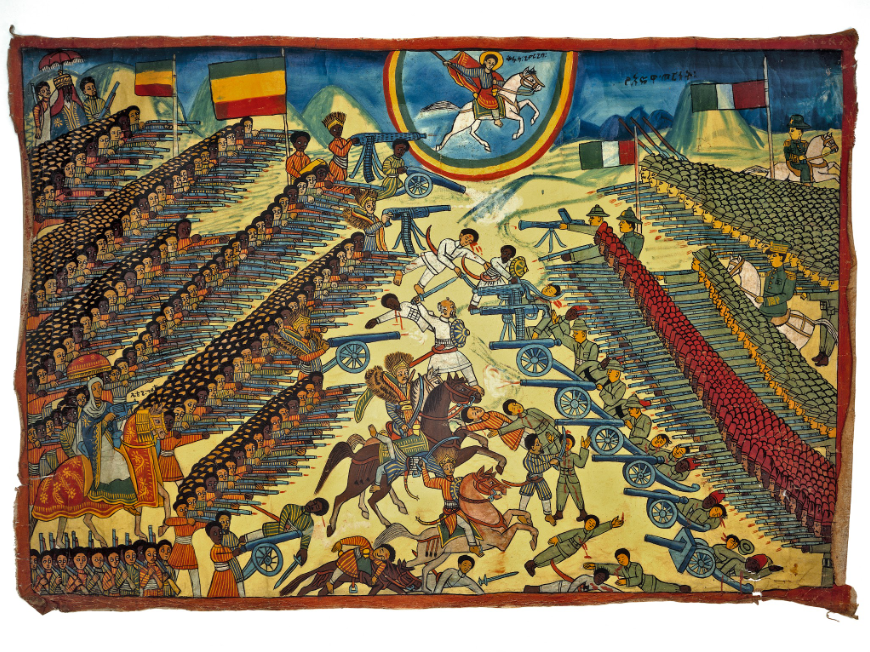Empires have existed throughout most of human history. They have spanned the globe. They have influenced the way we are governed, our systems of trade, how we use technology, our relationships with the natural world. They have shaped how we have seen, mapped and divided the world. They have profoundly affected how we have understood and represented each other. This free course, Empires: power, resistance, legacies, will help you to navigate the complex histories of empires through three key concepts which are central to understanding how empires were established, managed, experienced and dismantled.
| This course deals with topics involving racial issues, language and violence. Although these may provoke a strong personal response, we believe it is necessary to engage with these difficult topics to reach a clear understanding of the history of empires. If you are likely to find this distressing, please consider carefully how you might want to engage with this. |
|---|
This free course is an adapted extract from the Open University course A328 Empire: power, resistance, legacies.
Course image information: oil painting on cotton cloth depicting the Battle of Adwa, 2 March 1896. The image shows Emperor Menelik II of Ethiopia (centre) and Empress Taitu (bottom left) leading their troops to victory against the Italian army. You can find out more about this history in Session 3. Image: British Museum.
Course learning outcomes
After studying this course, you should be able to:
- understand historical debates about the history and legacies of empire and develop a broader knowledge of the different empires that have existed over time
- understand different methods, approaches and key concepts used in the study of imperialism
- appreciate the complexity of diverse, lived experiences of people in the past
- critically evaluate a range of historical sources as well as the work of other historians.
First Published: 15/01/2024
Updated: 15/01/2024
